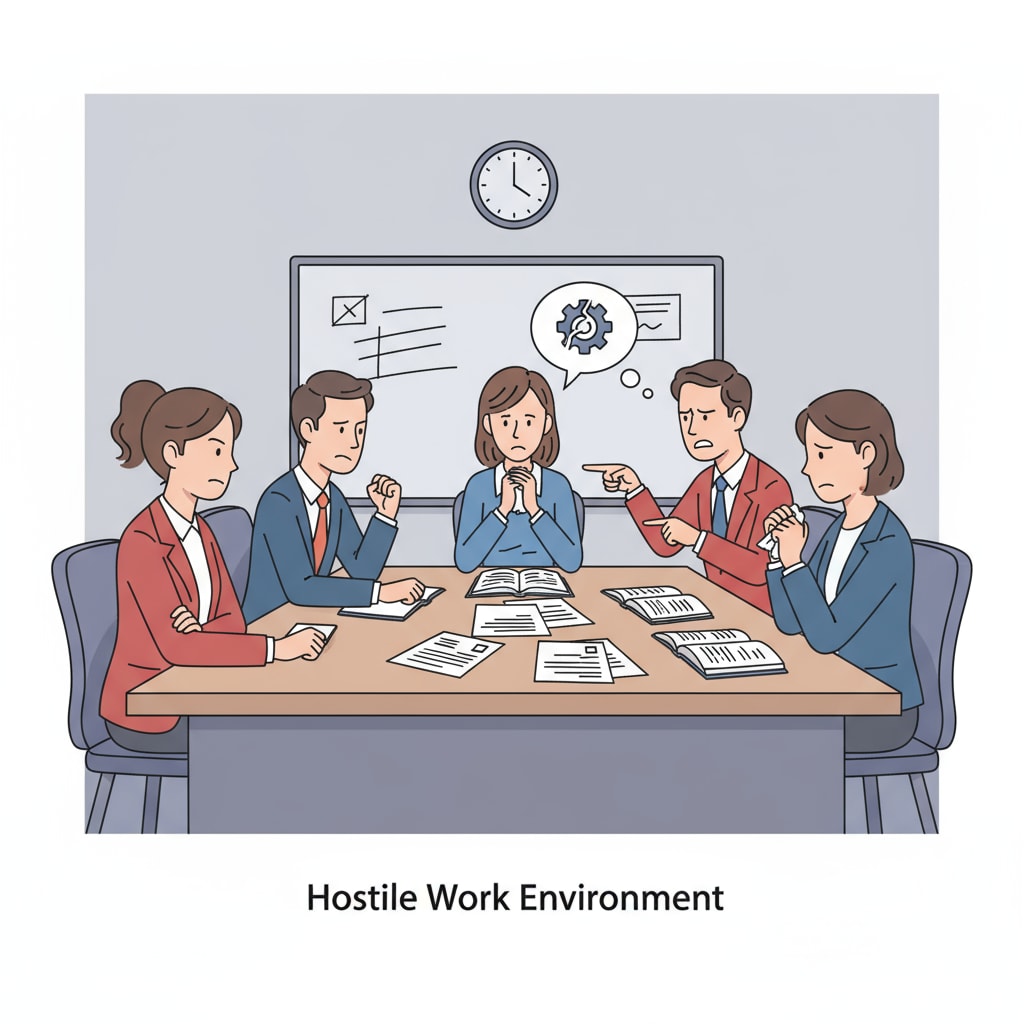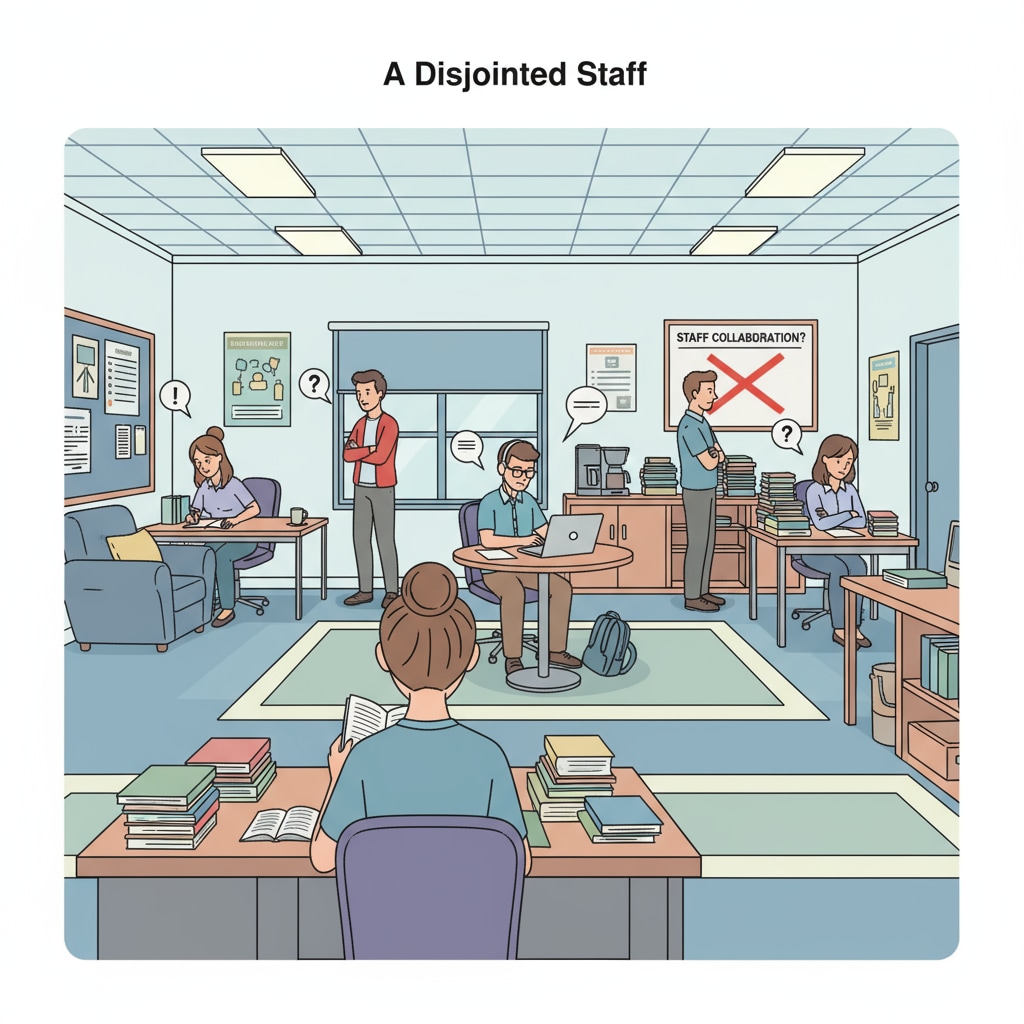In the realm of school management, the issue of hostile work environments, teacher conflicts, and how to deal with them is a complex challenge. School administrators often encounter situations where a teacher is highly effective in terms of educational outcomes but has serious interpersonal relationship problems. This can create a tense and unproductive work atmosphere, affecting not only the well-being of the teaching staff but also the overall educational quality.

The Dilemma of High-Performing but Problematic Teachers
These so-called “problematic yet excellent teachers” pose a unique conundrum. On one hand, their professional skills and expertise contribute significantly to student learning. For example, they might have an outstanding ability to explain complex concepts, design engaging lessons, or inspire students to achieve better academic results. As a result, they are valuable assets to the school in terms of educational performance. However, their poor interpersonal skills can lead to constant conflicts with colleagues. They may be overly critical, uncooperative, or even engage in behavior that creates a hostile work environment.
The Impact on the School Community
A teacher with interpersonal issues can have a far-reaching impact on the school community. It disrupts the teamwork and collaboration that are essential for a successful educational institution. Teachers who are constantly at odds with each other are less likely to share ideas, resources, or support one another. This, in turn, affects the quality of teaching and learning. Moreover, a hostile work environment can also demotivate other teachers, leading to increased stress and turnover rates. Creating a positive school culture becomes a formidable task when such conflicts persist.

Strategies for School Administrators
First and foremost, school administrators should clearly define expectations regarding interpersonal behavior. This includes setting a code of conduct that emphasizes respect, cooperation, and communication. By making these expectations explicit, teachers are more aware of what is acceptable in the workplace. In addition, administrators can establish a support system. This could involve providing professional development opportunities in areas such as conflict resolution, communication skills, and emotional intelligence. For example, organizing workshops or bringing in external trainers can help teachers improve these crucial skills. Another important strategy is to implement consequences management. When conflicts arise, administrators need to take timely and appropriate action. This could range from informal counseling to formal disciplinary measures, depending on the severity of the situation.
Readability guidance: As seen above, we’ve used short paragraphs and listed key points for better clarity. Each H2 section contains relevant details. The use of passive语态 is minimized, and transition words like “however,” “in addition,” and “for example” are added to enhance the flow of the text.


